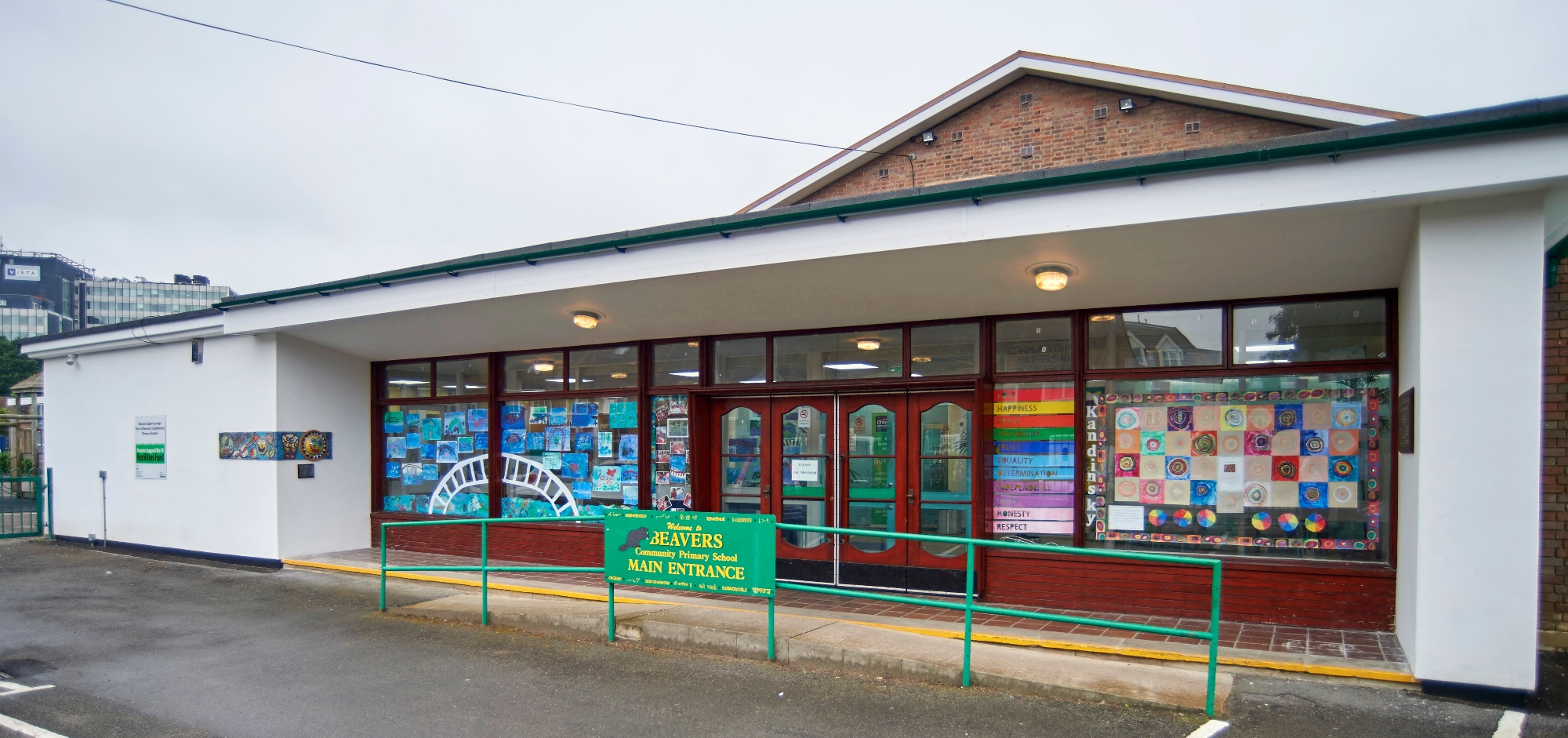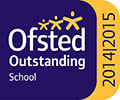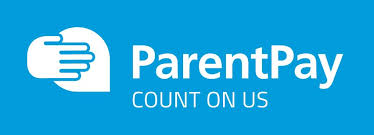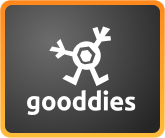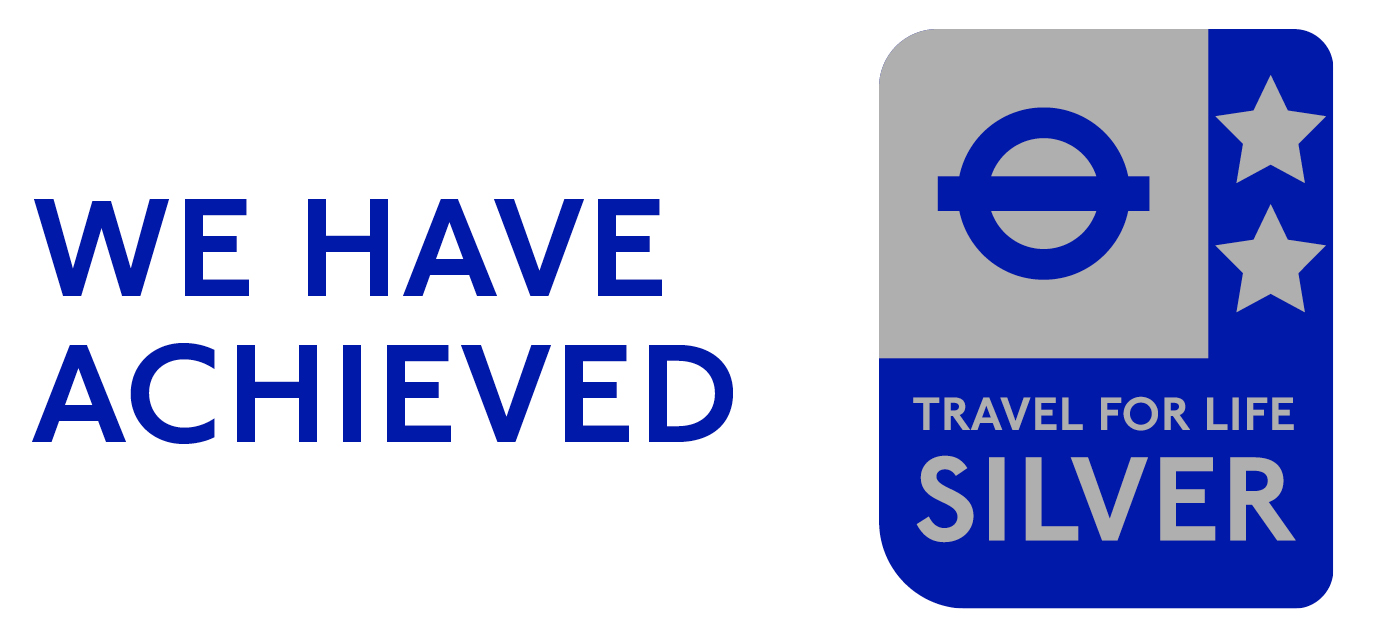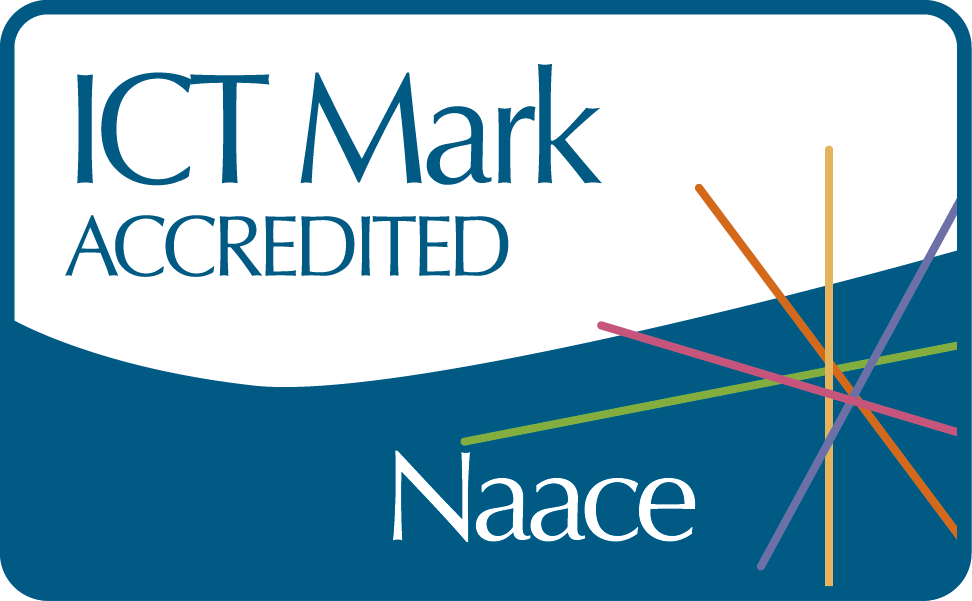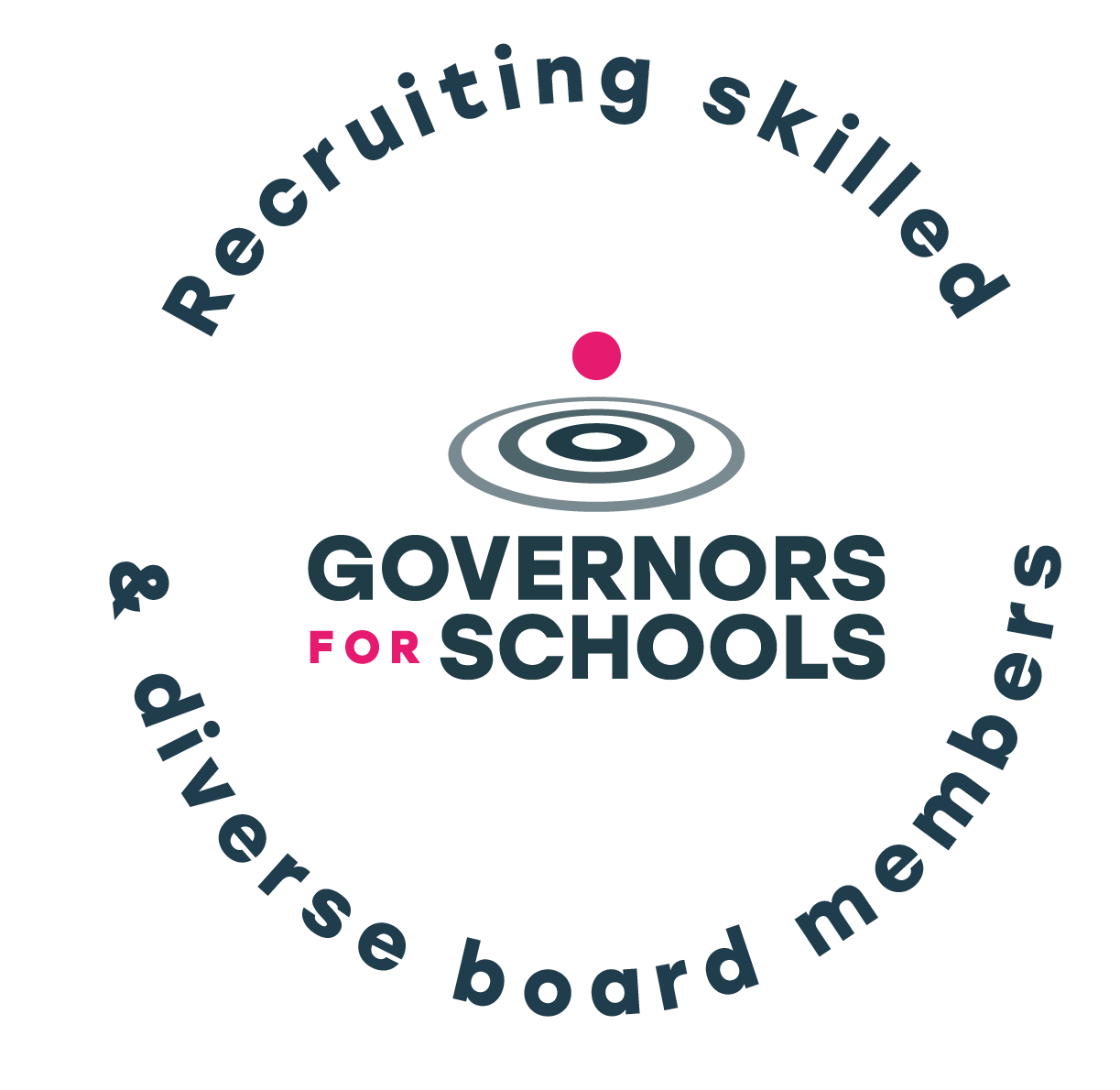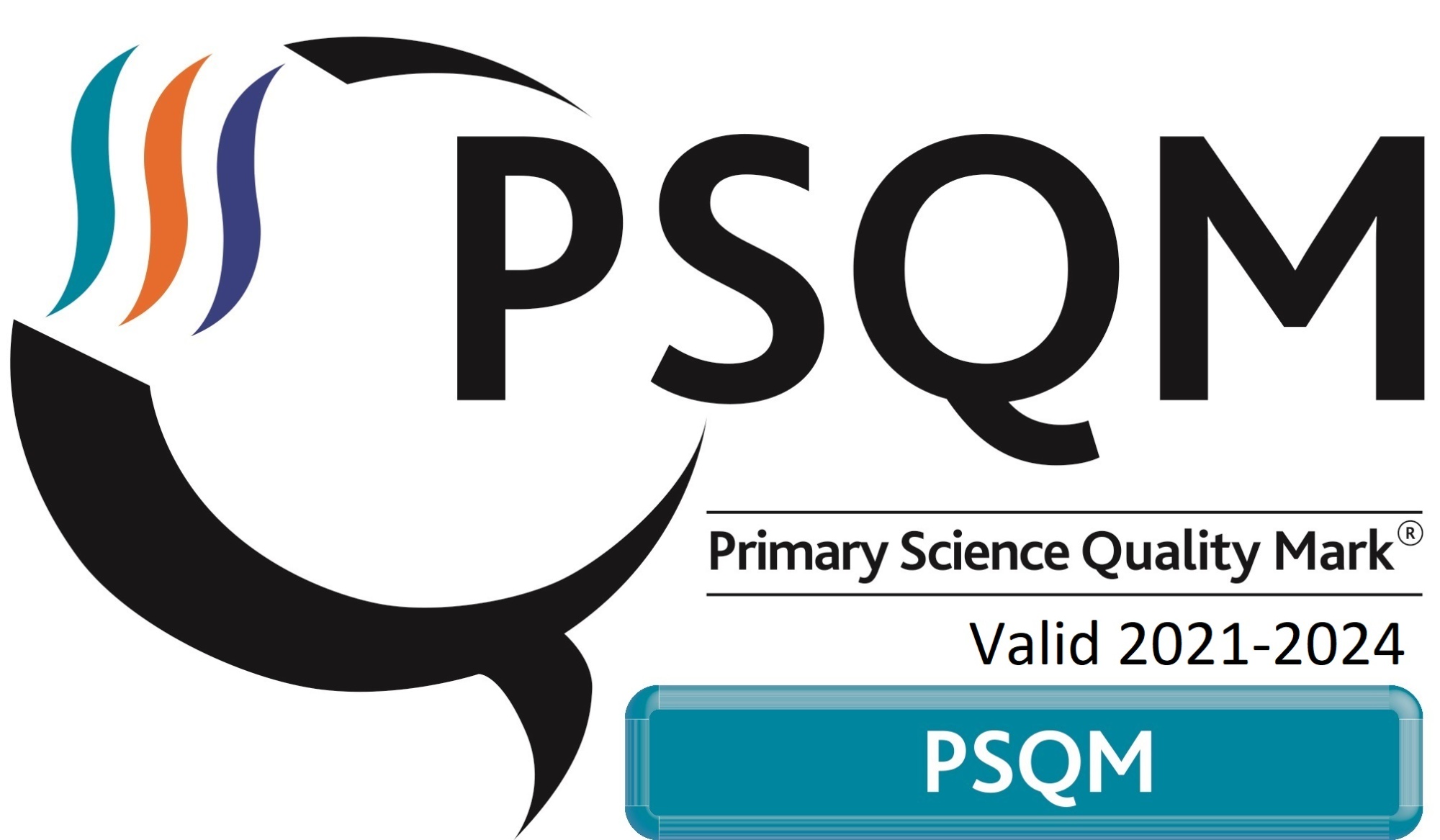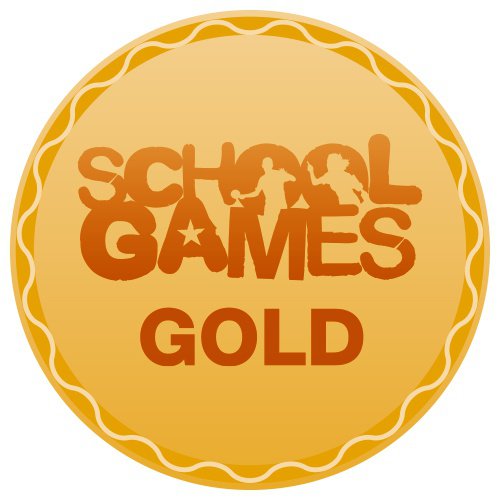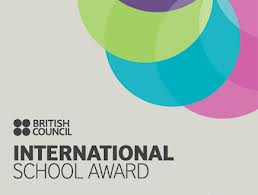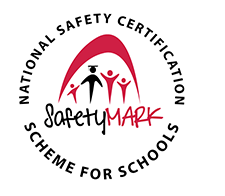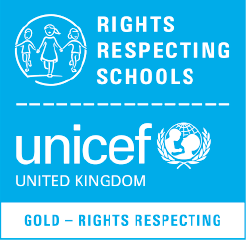
What are Children’s Rights? Do they apply to pupils at Beavers School and how do we know?
It took a long time coming but in 1945, following the 2nd World War with so many children orphaned or displaced, adults began to see that children should have their own special rights that have to be recognised and protected.
On 19th December 1948-they drew up a document called The Universal Declaration of Human Rights which included Children’s Rights. It explains how adults and governments must work together to make sure that all children can enjoy their rights.
In 1989 The United Nations General Assembly adopted the text of the Convention on the Rights of the Child and in 1990 it became legally binding.
It came into force in the UK in 1992. It explains how governments and must work together to make sure all children can enjoy their rights.
It is made up of 54 articles that make up a Charter of Rights which are all linked and all are of equal importance. It is called the United Nations Children’s Rights Charter (UNCRC) and covers all aspects of a child’s life.
UNICEF is the only organisation working for children that is recognised by the Convention. They work to uphold the rights of children around the world.
In 2008 Beavers was a pilot school in Hounslow to work with UNICEF and become a Rights Respecting School-Level 1. Since then we have further developed our Children’s Rights agenda into all aspects of school life and beyond into our local and global communities. We are ambassadors for children’s rights showing our commitment in the respect we show for everyone.
These rights apply to all children
- Boys and girls
- Big and small
- From all around the world
- Living in different types of homes
- Wearing different types of clothes
- Of different abilities
- Speaking different languages
- Belonging to different faiths
- But all special and sharing the same rights
So what are these rights and how do the different articles affect YOU?
Your family/Your carers are your duty bearers and will help to uphold your rights- Article 5
The right to eat healthy food-Article 27
The right to go to school-Article 28
The right to learn many things- Article 17
The right to care when you are sick- Article 24
The right to be cared for by your parents-Article 18
The right to be cared for if you do not live with your parents-A 20,21
The right to have a name and belong to a country-Article 7
The right to choose your friends-Article 15
The right to think for yourselves-Article 14
The right to share your ideas and be listened to-Article 12
The right to live and grow-Article 6
The right to special help if you need it-Article 23
The right to be treated fairly by everyone-Article 2
The right to never be hurt by others-A’s 19 & 34
The right to not have to work too hard-Article 32
The right to be kept safe from dangerous things- Article 33
The right to learn to be the best we can-Article 29
The right to play-Article 31
The right to rest-Article 31
The right to be private-Article 16
The right to speak your own language Article- 30
The right to have adults do what is best for you-Article 3
For more details about these Articles, please visit the Unicef site. If you would like to view the Articles in another language, please click here.




